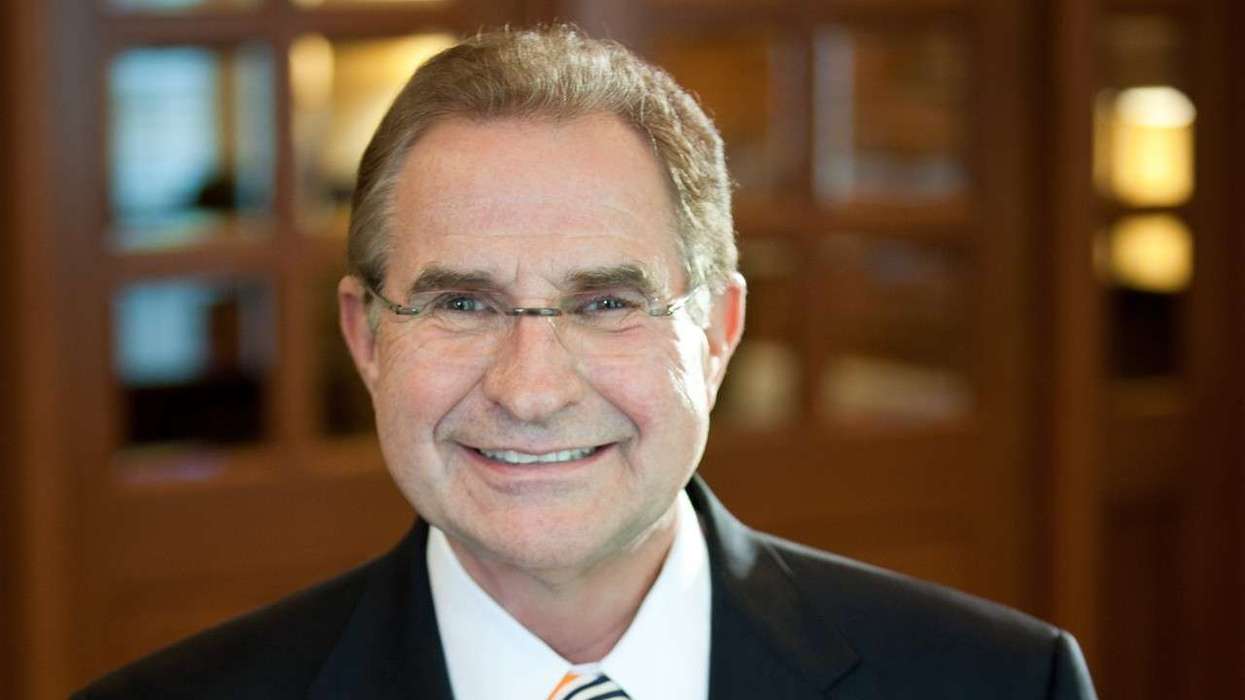- A gap is growing between technological potential and operational readiness, with many hotel teams still early in AI use.
- Distribution teams are evolving with limited resources and uneven investment in talent and automation.
- The report outlines how commercial teams in hospitality are managing transformation.
THERE IS A widening gap between technological potential and operational readiness, with many hotel staff still early in using AI effectively, according to “The State of Distribution 2025” report. Despite the availability of technology, training, systems and workflows remain in development.
The second edition of the industry benchmark report—published by NYU SPS Jonathan M. Tisch Center of Hospitality and its Hospitality Innovation Hub, in collaboration with RateGain Travel Technologies and HEDNA—noted that as traveler expectations rise, aligning people, processes and platforms is becoming a driver of performance.
“When we launched the inaugural State of Distribution report, our goal was to close a critical blind spot caused by the absence of a central benchmarking report for the industry,” said Christopher Murdock, HEDNA’s president and Accor’s director of distribution system support and strategy. “The response to last year’s report validated the need and enabled us to double down on the effort. The 2025 findings should provide a clear business case for expertise and technology investments in distribution.”
The State of Distribution 2025, based on insights from more than 700 hotel brands and 21,000 properties across 310 cities, found that distribution teams are evolving with limited resources and uneven investment in talent and automation. It also outlines how commercial teams in hospitality are managing transformation.
Redefining commercial structures
The 2024 edition examined the direction of distribution teams, while this report reflects the shift as commercial teams integrate revenue management, marketing and distribution. The report, acknowledging that distribution is now part of a broader commercial structure, explores how these functions are evolving. It also captures how this collaboration is reshaping team priorities, core capabilities and the technologies hotels use to compete.
Vanja Bogicevic, clinical associate professor and director of the HI Hub Experiential Learning Lab at NYU SPS, said this year’s report confirms a daily reality: hotels invest in technology, but without investing in people, progress stalls.
“The State of Distribution 2025 gives hoteliers and educators alike the data to act—spotlighting where training is falling short, where team structures are evolving and which commercial skills matter most,” she said. “It’s not just a benchmark for the industry; it’s a blueprint for developing the next generation of hospitality leaders.”
Key findings include:
AI adoption remains limited: While interest is growing, AI ranks lower on investment priorities due to gaps in training, talent and integration readiness.
Commercial strategies vary by scale: Independent hotels are expanding teams and testing technologies, while larger chains focus on system consolidation and process efficiency.
Distribution functions are becoming leaner: As the complexity of managing parity, APIs and content increases, team structures are shifting with greater integration.
Reporting practices are still maturing: Eighty percent of hotels spend up to two days a week on manual reporting, pointing to continued need for tools tailored to distribution data.
System integration remains a focus: Hotels of all sizes are working to improve data connectivity and reduce silos to support cross-functional collaboration.
Ankit Chaturvedi, RateGain’s vice president for marketing, said that as hotels adopt AI across commercial functions, they first need a unified view of how marketing, revenue management and distribution are evolving.
“That’s what this year’s edition aims to provide,” he said.
The report notes that technology is essential, but without investment in readiness, its potential remains underused. For hotels aiming to scale, simplify and stay competitive, success depends on more than adoption—it requires integration, alignment and action.
HotStats recently said hotels that regularly update their competitive sets are better positioned to optimize revenue, manage costs and maintain market position by using real-time insights to guide pricing, labor and revenue strategies.






